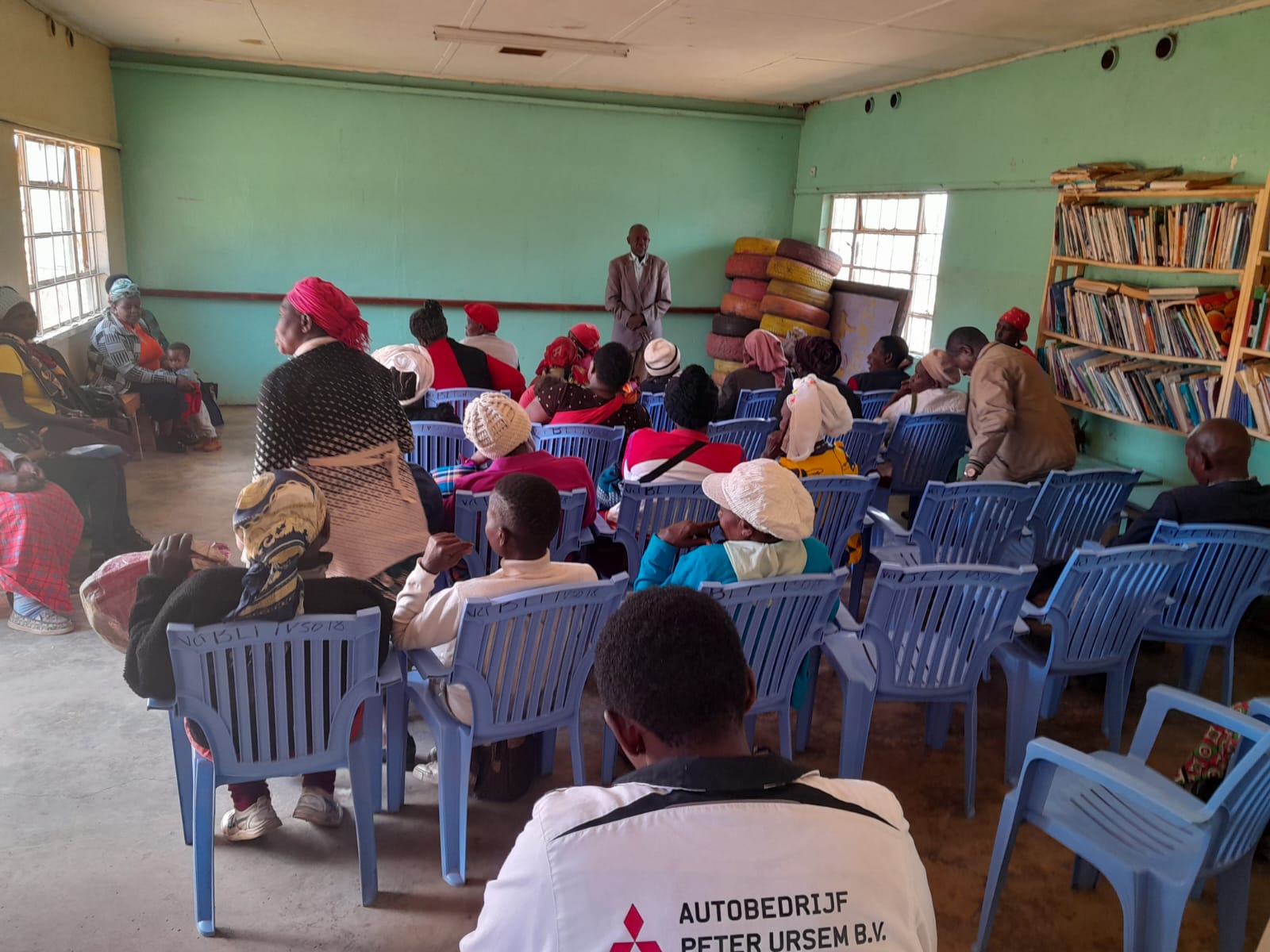African Pro-poor Tourism Development Centre – Making Tourism work for Communities
Capacity Building of CFAs On Forests Conservation Through Tourism
Background
In 2011, a groundbreaking initiative was launched by the African Propoor Tourism Development Centre to address the increasing threats to Kenya’s vital forest ecosystems while simultaneously promoting sustainable livelihoods for forest-adjacent communities. The project “Capacity Building of Community Forest Associations (CFAs) On Forests Conservation Through Tourism” targeted 15 CFAs across three critical forest ecosystems: Mount Kenya, the Aberdare Range, and the Mau Forest Complex. These areas represent Kenya’s most significant water towers and biodiversity hotspots, facing mounting pressure from deforestation, encroachment, and unsustainable resource extraction.
Project Objectives
The primary aim of the African Propoor Tourism Development Centre was to strengthen the capacity of community-based organizations to develop and implement sustainable forest-based tourism enterprises that could generate alternative income while incentivizing conservation efforts. Specific objectives included:
- Equipping CFAs with knowledge and skills to identify and develop viable eco-tourism products
- Training community members in tourism service delivery, hospitality, and visitor management
- Establishing governance frameworks for equitable benefit-sharing from tourism activities
- Developing sustainable financing mechanisms for forest conservation initiatives
- Creating market linkages between community tourism enterprises and the broader tourism sector
Implementation Approach
The project employed a participatory approach that placed CFAs at the center of planning and implementation. A comprehensive training curriculum was developed, covering eco-tourism principles, product development, marketing strategies, and financial management. The implementation followed a phased approach:
- Assessment Phase: Evaluation of existing forest resources, tourism potential, and community capacities across the 15 CFA regions.
- Training Phase: Delivery of modular training programs to selected community representatives, with emphasis on practical skills development.
- Product Development Phase: Facilitation of community-led processes to identify, design, and pilot forest-based tourism experiences.
- Market Linkage Phase: Connection of emerging community tourism enterprises with tour operators, accommodation providers, and marketing platforms.
Key Achievements
The project yielded significant outcomes across multiple dimensions:
- Establishment of 12 community-managed eco-tourism sites across the three forest regions
- Development of diverse tourism products including hiking trails, bird watching tours, cultural experiences, and forest campsites
- Training of over 180 community guides, hospitality staff, and site managers
- Creation of governance structures for transparent management of tourism revenues
- Reduction in illegal logging and poaching in areas with active tourism operations
- Enhanced community awareness and appreciation of forest conservation values
Lessons Learned
The project revealed several critical insights for forest conservation through community-based tourism:
- Tourism activities must be integrated within broader forest management plans to ensure environmental sustainability.
- Benefit-sharing mechanisms must be transparent and equitable to maintain community support.
- Constant capacity building and mentorship are essential for maintaining service quality and business viability.
- Market access remains a significant challenge for community tourism enterprises and requires ongoing support.
- Conservation outcomes are optimized when tourism activities directly address specific forest threats.
Conclusion
The capacity building project by the African Propoor Tourism Development Centre demonstrated the viability of community-based forest tourism as both a conservation strategy and livelihood enhancement approach. By creating direct economic incentives for forest protection, the initiative helped transform community perceptions of forests from resource extraction sites to valuable assets worthy of protection. The trained CFAs continue to expand their tourism operations, creating a sustainable model for community-led conservation that balances ecological integrity with human development needs. This pioneering work has since informed similar initiatives across East Africa, highlighting the potential for tourism to serve as a strategic tool in the quest for sustainable forest management.
RELATED PROJECTS
Related products
-
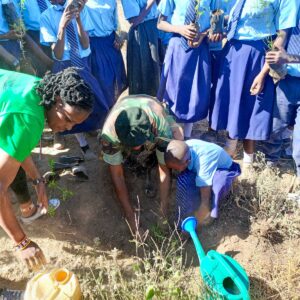
Go Green: Landscape and Tree Cover Restoration
Read more -
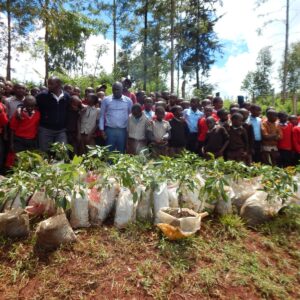
Sustainable Conservation Of Environment: Fruit Trees Planting
Read more -
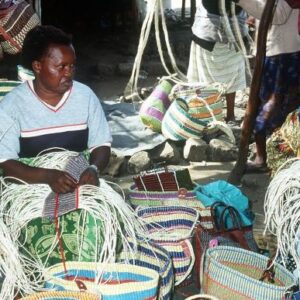
Economic Empowerment For Women & Youth Through Tourism Enterprise Investments and Production..
Buy product -
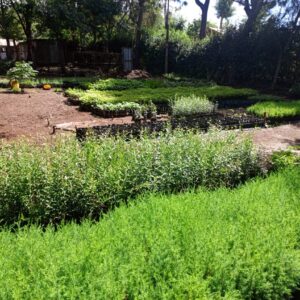
Forest Ecosystem Restoration Through Adoption of Trees and Deforested Areas
Buy product


